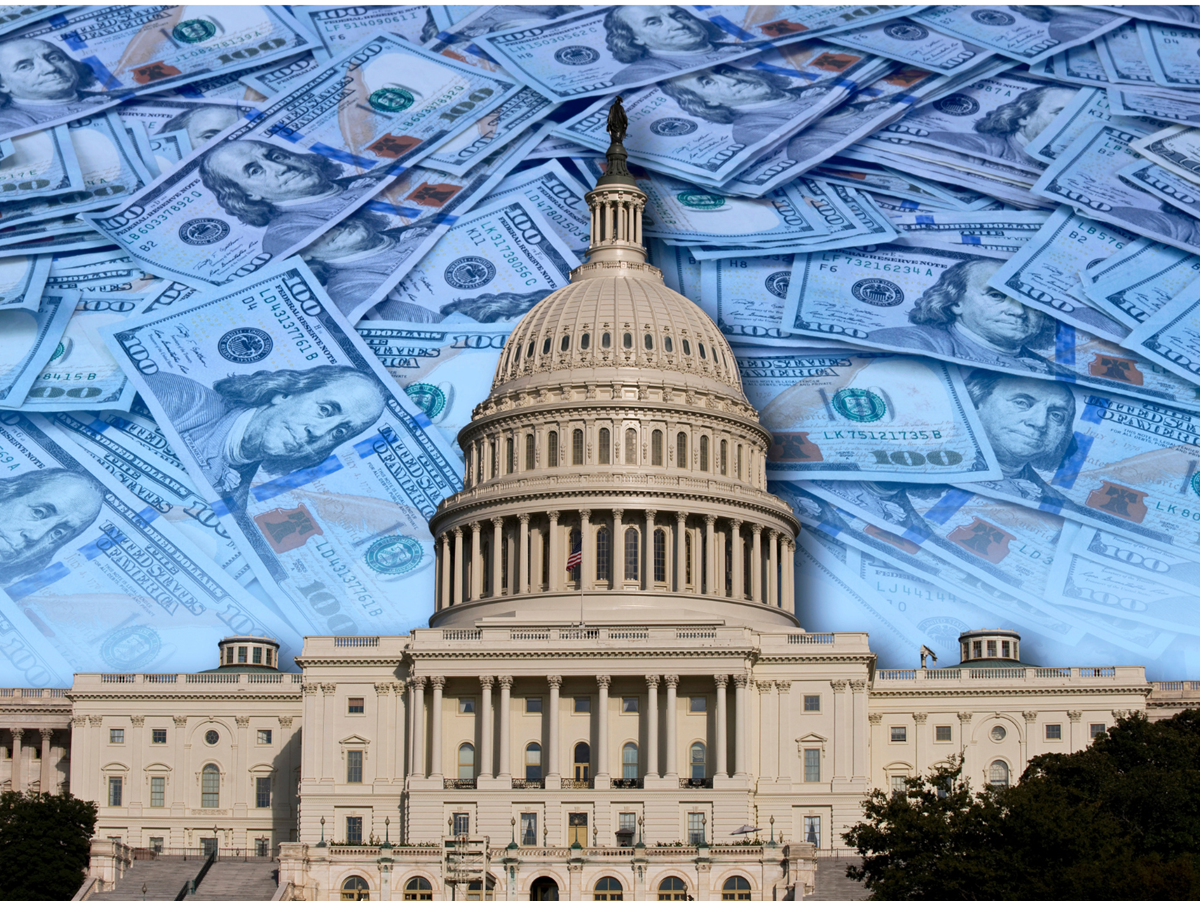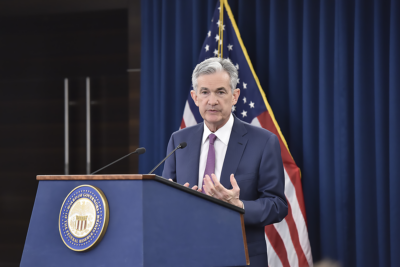U.S. Credit Rating Slammed with Historic Downgrade
Remember America’s debt-ceiling fight? That didn’t help.

Sign up to unveil the relationship between Wall Street and Washington.
With the news moving at breakneck speed, it might be hard to recall exactly when President Biden and Congressional leaders staged their epic standoff over America’s budget and the debt ceiling that almost sank the U.S. economy.
While the rout was settled by early June, stern warnings were sounded by the world’s top credit ratings agencies — as well as U.S. Treasury Secretary Janet Yellen — that the very public display of infighting could result in a credit downgrade for the nation. Well, that’s exactly what’s happened.
On Wednesday, Fitch Ratings cut the U.S. government’s credit rating in this report, stating that “the rating downgrade of the United States reflects the expected fiscal deterioration over the next three years, a high and growing general government debt burden, and the erosion of governance.”
Yeah, that’s not good — and stuff like this absolutely does threaten the market for America’s $25 trillion in Treasurys.
The nation’s credit rating was lowered to ‘AA’ from ‘AAA,’ the first by a major ratings agency in more than a decade, telegraphing the strong message that the U.S. needs to get its act together and address its political dysfunction, because it is wreaking havoc on the nation’s finances and, importantly, its ability to finance itself in the future.
The downgrade is the second time the U.S. has been stripped of its triple-A credit rating due to political polarization — the credit ratings agency Standard & Poor’s cut the nation’s rating amid an earlier debt-ceiling battle in 2011.
Fitch predicts America’s deficit will grow relative to gross domestic product this year, compared with last year, resulting from “cyclically weaker federal revenues, new spending initiatives and a higher interest burden.”
It also expects that deficit to widen into 2025, with larger deficits driven by weak 2024 GDP growth, a higher interest burden and wider state and local government deficits.
“In Fitch’s view, there has been a steady deterioration in standards of governance over the last 20 years, including on fiscal and debt matters, notwithstanding the June bipartisan agreement to suspend the debt limit until January 2025,” the credit ratings agency wrote in its report, referring to the deal Biden made with House Republicans.
“The repeated debt-limit political standoffs and last-minute resolutions have eroded confidence in fiscal management,” Fitch wrote. “In addition, the government lacks a medium-term fiscal framework, unlike most peers, and has a complex budgeting process. These factors, along with several economic shocks as well as tax cuts and new spending initiatives, have contributed to successive debt increases over the last decade.”
Fitch also was not impressed with the nation’s cuts to non-defense discretionary spending this spring, noting it offered “only a modest improvement to the medium-term fiscal outlook, with cumulative savings of $1.5 trillion by 2033,” a statistic cited by the U.S. Congressional Budget Office.
With the U.S. taking only incremental steps to tackle medium-term challenges related to rising social security and Medicare costs due to an aging population, Fitch believes the trend toward a rising deficit as a proportion of GDP will only continue.











